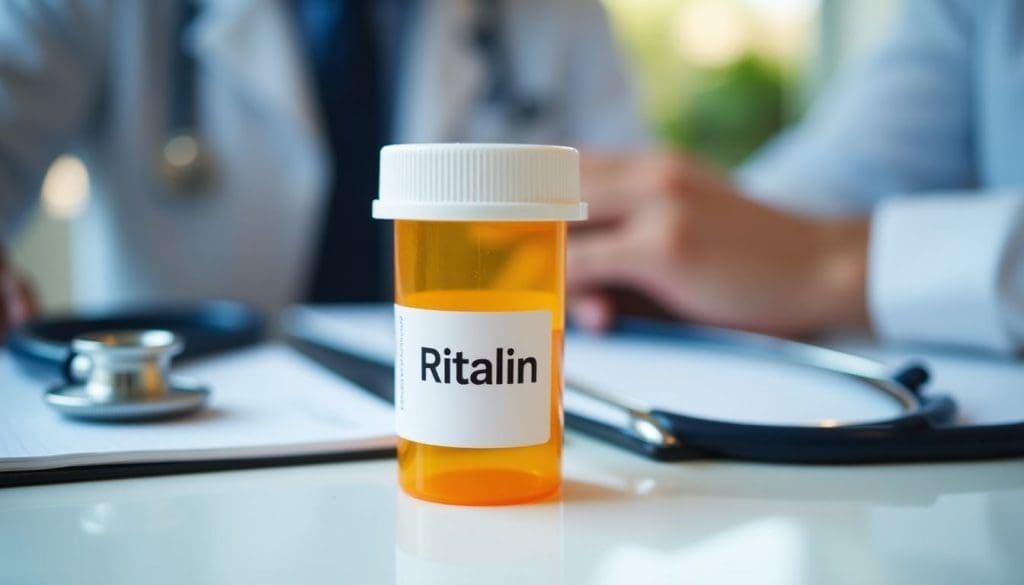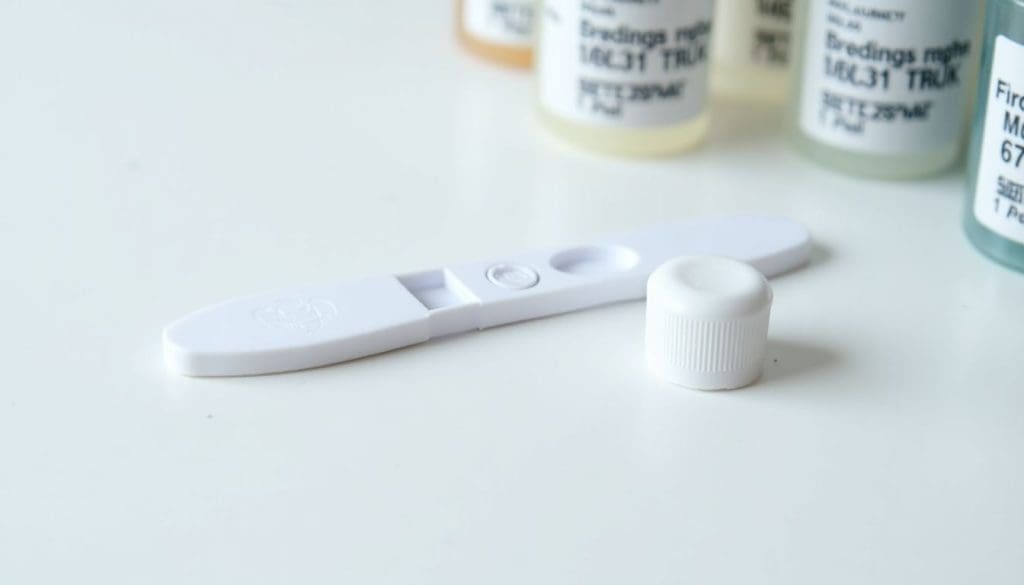If you’re taking Ritalin and have an upcoming drug test, you might be wondering whether it could show up and cause any issues. Ritalin, also known by its generic name methylphenidate, is a common prescription medication used to treat ADHD and narcolepsy. But since it’s classified as an amphetamine-like stimulant, you may have concerns about its potential to trigger a positive result in a drug test.
This article breaks down everything you need to know about drug testing in Australia, how Ritalin might be detected, and what you can do to prepare.

Drug testing in Australia follows strict guidelines and standards, primarily AS/NZS 4308 for urine testing and AS/NZS 4760 for oral fluid (saliva) testing. These standards outline the procedures for specimen collection, screening, confirmation, and reporting to ensure accurate and reliable results.
Both tests initially use immunoassay screening, a quick and cost-effective method that identifies drug classes rather than specific drugs. If the result is non-negative (i.e., requires further testing), a more accurate confirmatory test is conducted.
Drug tests in Australia are designed to detect specific classes of drugs, such as:
Amphetamine-type substances, like amphetamine, methylamphetamine, and MDMA, are commonly included in testing panels. While Ritalin itself is not an amphetamine, it is an amphetamine-like stimulant, meaning it could potentially cause a non-negative result.
Drug tests use cut-off levels to determine whether a sample is considered positive or negative. For amphetamine-type substances, the cut-off level is typically 300 ug/L. If the concentration of a substance is below this threshold, the result will be negative.

Ritalin (methylphenidate) is chemically distinct from amphetamines, but due to its similar stimulant properties, it may still be flagged during drug testing.
It’s possible. Since initial drug screenings look for drug classes rather than specific substances, Ritalin could cause a non-negative result for amphetamine-type substances. This is due to cross-reactivity, where the test reacts to a substance that is chemically similar to the one being targeted.
If your initial screening test comes back as non-negative, the next step is confirmatory testing using methods like GC-MS (gas chromatography-mass spectrometry) or LC-MS (liquid chromatography-mass spectrometry). These advanced tests can differentiate between methylphenidate (Ritalin) and amphetamines such as methamphetamine or MDMA.
To ensure a smooth drug testing process, follow these steps if you’re taking Ritalin or any other prescription medication:
Always disclose any medications you’re taking—both prescription and over-the-counter—before the test. Testing facilities are required to consider this information when interpreting results.
Carry a copy of your prescription or a letter from your doctor that confirms you are taking Ritalin. This can help avoid misunderstandings if your test returns a non-negative result.
If your screening test returns a non-negative result, insist on confirmatory testing. This step ensures that the final result accurately identifies the specific substance in your system.

If your drug test comes back as non-negative, don’t panic. This result is considered presumptive, meaning it’s not a final positive result. Here’s what typically happens next:
During this process, advanced techniques like GC-MS or LC-MS are used to pinpoint the exact substance present in your sample. These tests are highly accurate and can differentiate between Ritalin (methylphenidate) and illicit amphetamines.
No, Ritalin does not metabolize into methamphetamines. However, due to its amphetamine-like structure, it might cause a non-negative result in screening tests for amphetamine-type substances.
If this happens, provide proof of your prescription and request confirmatory testing. The advanced testing methods will confirm that the substance detected is methylphenidate, not an illicit drug.
Never stop taking your medication without consulting your doctor. If you have concerns about how Ritalin might affect your test results, discuss this with your healthcare provider beforehand.
While Ritalin (methylphenidate) is not an amphetamine, its amphetamine-like properties mean it has the potential to cause a non-negative result in drug tests for amphetamine-type substances. Fortunately, confirmatory testing can differentiate between Ritalin and illicit drugs like methamphetamine, ensuring accurate results.
To avoid unnecessary stress, always disclose your medications, provide supporting documentation, and stay informed about your rights during the drug testing process. By taking these steps, you can navigate the testing process with confidence.
Brisbane: Corner of Calam and Compton Rd, Sunnybank Hills QLD 4109
Melbourne: Ground Floor, 470 St Kilda Rd Melbourne Vic 3004
Sydney: 1 Barratt Street, Hurstville, NSW. 2220